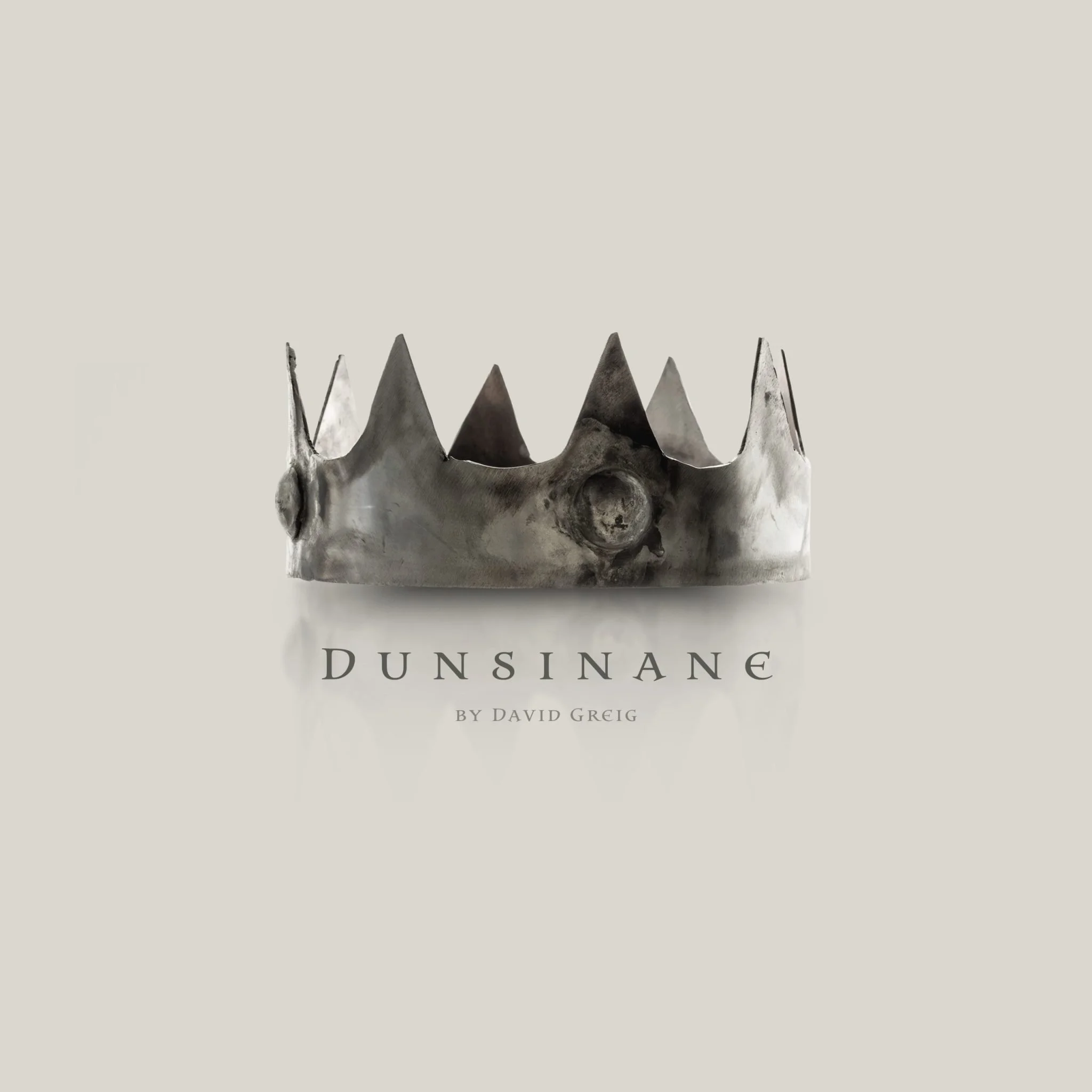DUNSINANE
Dunsinane has come to Storey’s Fields. Macbeth himself may have recognized the venue: a great cavernous hall, many storeys high; a place where one can well imagine the bleak castle of the murderous tyrant king. David Greig’s play imagines a sequel to the Macbeth story – Malcolm is king, Lady Macbeth aka Gruach lives and the English armies occupy Scotland. Greig is one of our greatest living playwrights and this is a masterwork. Its language soars like the crest of a Highland peak with depth a dark Scottish loch. It is one of those great plays that you ache to read after you’ve seen it. So many great lines, powerful images and above all, prescience. This is an army led by Earl Siward which has left its cosy homes in Kent and leafy Surrey to come to a far-off kingdom misruled by warring clans amidst an alien landscape; nothing good can come out of this desire to be good. Any of that sound familiar? In 2010 when the play was written, Greig was clearly alluding to the British in Iraq and Afghanistan. Here Siward believes regime change, knocking a few heads together and round-table talks can bring peace. He is, as we were, deluded. Very bad things can come out of the best of intentions.
Dunsinane is epic in scale – very long and requiring immense theatricality. Luckily for us Corkscrew Theatre were well up to the task. The huge cast of local amateurs filled the great space of this modern-day fortress with consummate ease. That said they all must have worked their socks off to bring this challenging drama to such a satisfying end. For me, I was gripped from beginning to the very end (though oddly the last moments were a bit of a damp squib). Director Chris Avery marshalled her troops like some theatrical general. The play buzzes along in a series of short but telling scenes; there is high politics, low comedy, beautiful Gaelicism and moments of horror. This is a violent play in its language and portrayal of ceaseless war and the effect on the human psyche. Will Males set the scene as the young English soldier writing letters to his mum. Far from home and far from everything he knows, the alien world he now fights in strips him of any ‘normal’ humanity. Brutal conflict and vilified enemies turn this decent lad into a child killer. Males like all the leads was quite magnificent in creating a thoroughly believable role.
Crown off too to Matt Wilkinson for giving us an all-too credible Malcolm – effete, weak, slippery, and full of Cheshire cat menace in his grey three-piece suit. He is a master of self knowledge who recognises that in a country like 11th century Scotland, weakness is a strength: not a threat to the clan chiefs they can go about their ‘normal’ task of killing each other.
There is dark humour in this play – the squaddies (played with rough knockabout by a talented bunch of youthful boys and girls) kill time by planning how to molest the local girls. There is a stand out moment when the clansmen gather in the castle to pay homage, most reluctantly to their new king. Richard Sockett almost blew the roof off with this fierce bellowing. Greig’s Gruach is not some baby-eating witch but a tender lady of poise, grace and national pride. Alex Priestley brought off the role superbly. Brilliant also was David John as the bewildered Siward, a man of peace who believes he has to use brutal war to gain calm. As the play progresses his feet of clay become ever more soggy. It was a mesemerising performance of power and inner conflict.
With some beautiful harp playing, gorgeous Siren-like harmonies from Gruach’s ladies and top notch ensemble playing, this was a crackingly good outing for David Grieg’s great play. Go to Eddington and Dunsinane will come to you.
Corkscrewtheatre.co.uk






